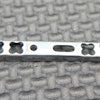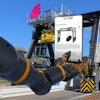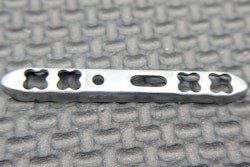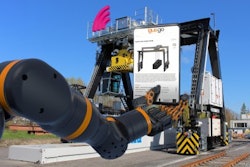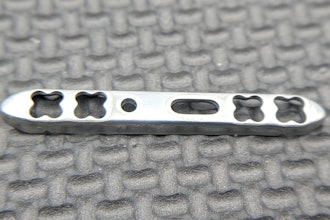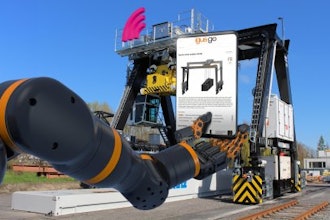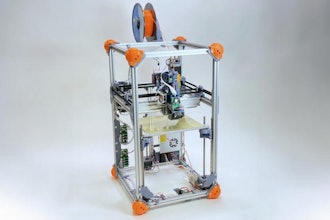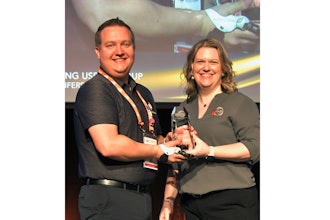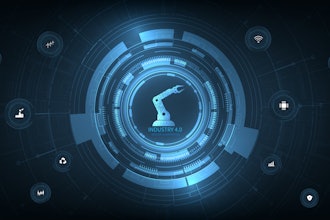
The Internet of Things is a hot topic right now, with connected devices proliferating with more or less success across the consumer device market. Some have eked their way into public perception, like smart home heating/cooling systems that are essentially more talkative versions of putting the thermostat on a timer, while others veer into the realm of the silly and the under-developed. The number of Internet-connected things is predicted to grow to 50 billion by 2020.
However, according to Upwork, companies are prevented from implementing IoT in their businesses because of a lack of employees with the experience needed to build and troubleshoot them. This means that companies are looking for more people who know their way around the IoT. The numbers of annual job postings are growing, especially in circuit design, microcontroller programming, and electrical engineering.
Circuit design has seen a yearly increase of 231 percent in job postings, driven by the increasing complexity and density of chips and sensors on the boards used in connected devices. Specifically, PCB and 3D design experience is in demand. A large number of companies are adapting their chip designs and development processes to new IoT requirements, such as long-lasting batteries and optimal power consumption.
 (Image credit: Shutterstock)
(Image credit: Shutterstock)Job postings for workers with microcontroller programming experience have grown by 225 percent. This is an especially advantageous time for people with Arduino language programming experience, but microcontroller experience in general will be in demand due to the proliferation of IoT devices.
Job postings for work related to AutoCAD have risen 216 percent, machine learning 199 percent, and security infrastructure 194 percent.
The length of IoT projects will also affect the required workforce. According to Gartner analysts, by 2018 75 percent of IoT projects will take double the time to complete that was planned for them. This will come from ongoing technological and “process and cultural change,” according to Alfonso Velosa, research vice president at Gartner.
“They will seek to launch smarter, connected products, although this will often be a reactive, tactical approach that seeks to address their competition's IoT product. However, even for enterprises conducting internally centered projects that may focus on cost reductions, there will be people issues,” Velosa said.
Other skills in demand include big data, electrical engineering, and security engineering.

